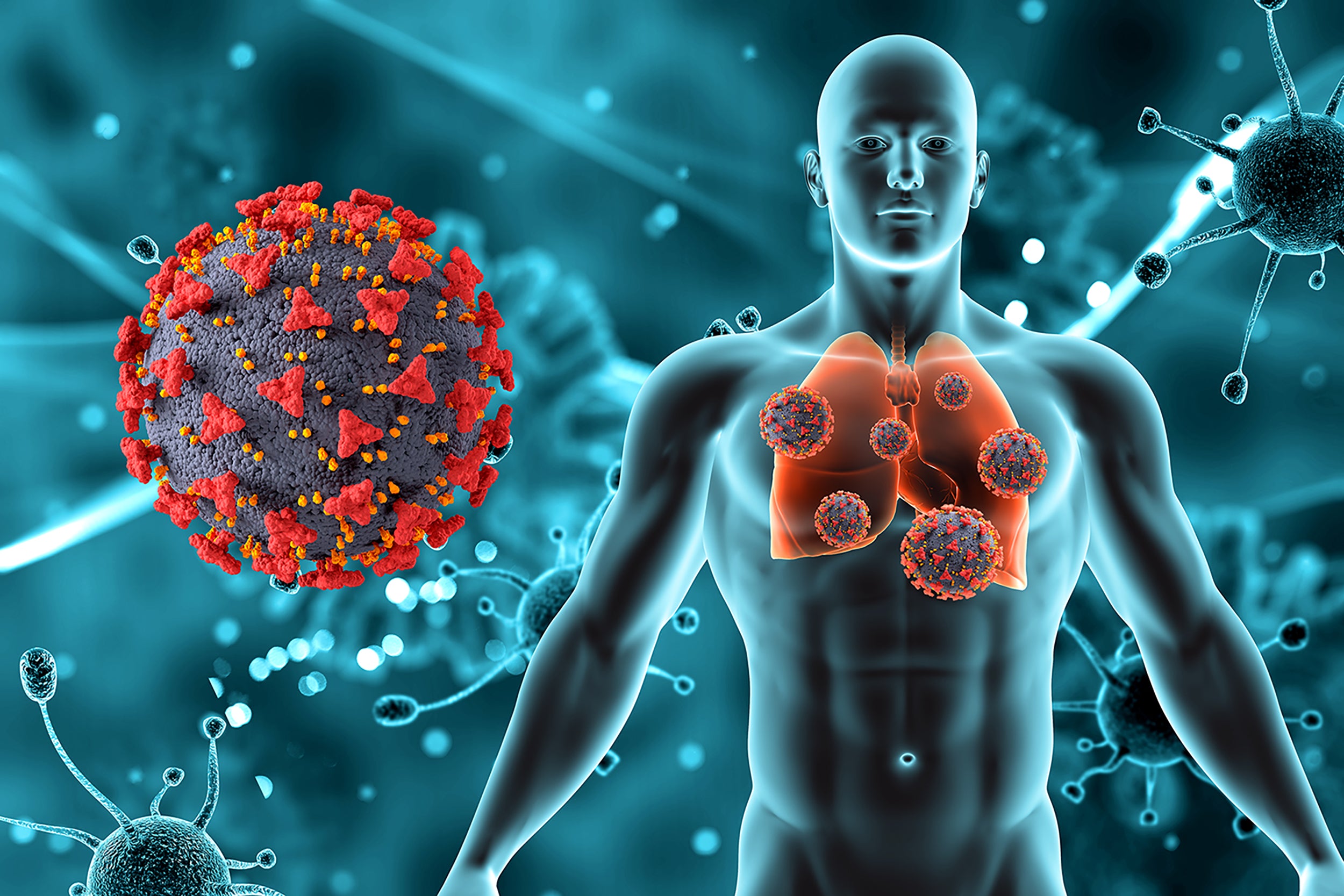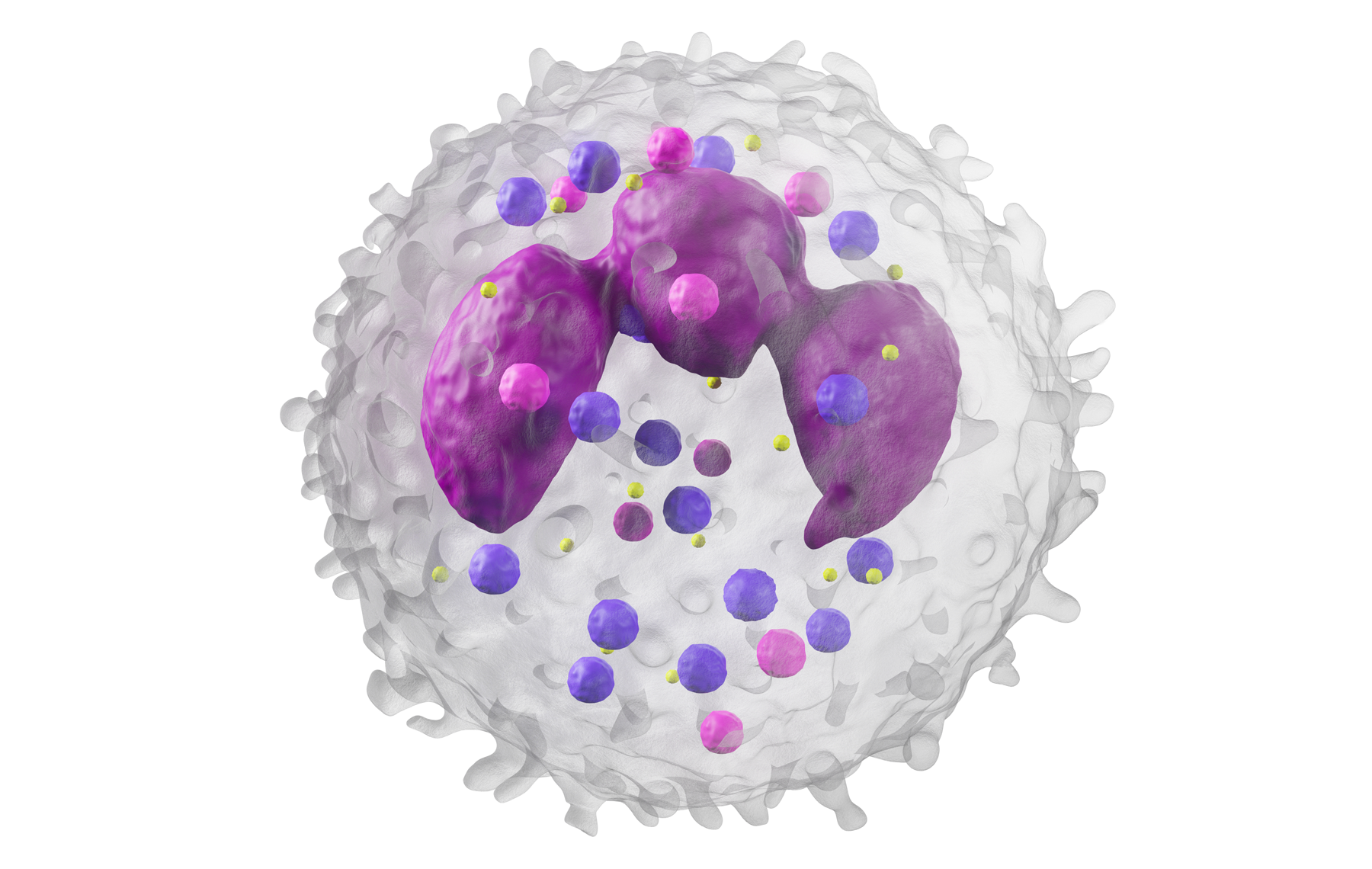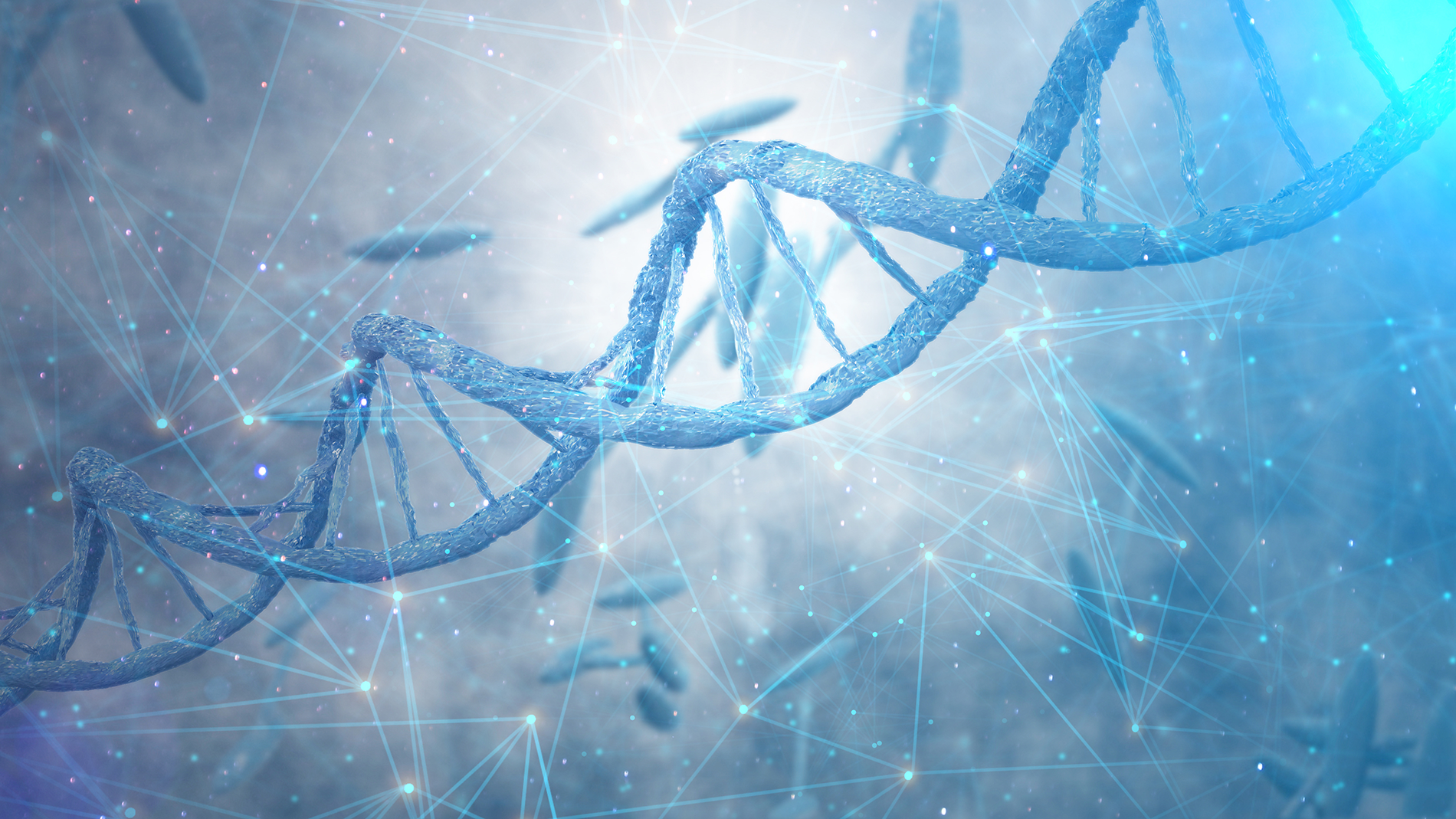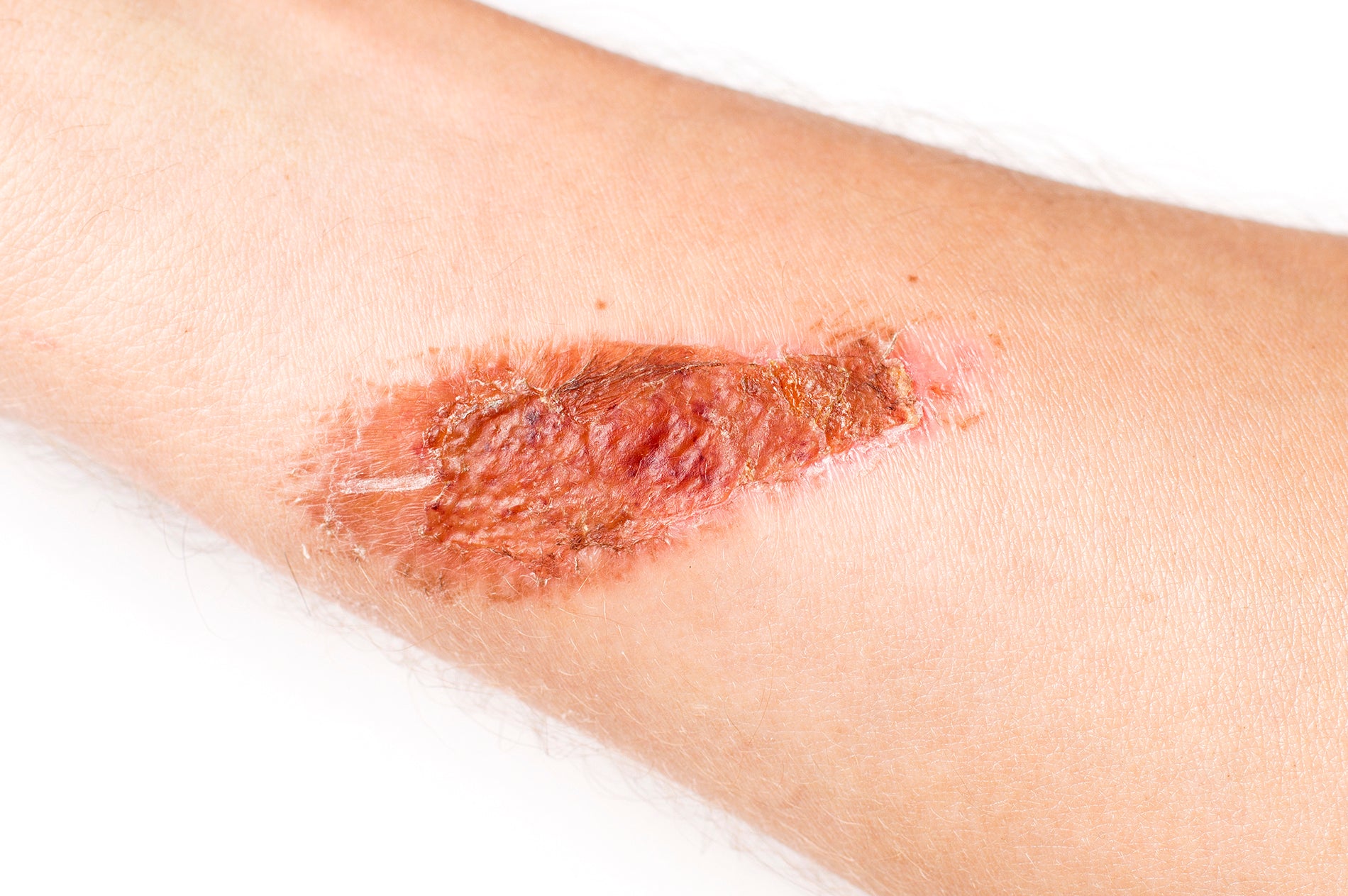HOCl Publications

Inhalation of HOCl-containing aerosols was recently shown to be an effective therapeutic intervention in the treatment of COVID-19 virusinfected patients, halting the progression of symptoms and sp...
Read more
We show in this study that neutrophil-derived oxidants are capable of readily oxidizing the methionine residue at the cleavage site for the VWF-processing enzyme ADAMTS13.
Read more
The production of hypochlorous acid (HOCl) is a characteristic of granulocyte activation, a hallmark of the early phase of innate immune responses. In this study, we show that, in addition to its w...
Read more
Hypochlorous Acid as a Potential Wound Care Agent
HOCl is known to be the major strong oxidant produced by neutrophils, and is a potent microbicidal agent within these cells. Experimentally, it has been estimated that neutrophils stimulated in vit...
Read more